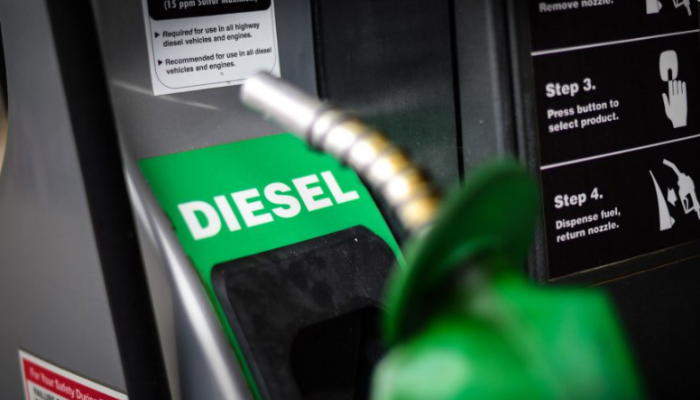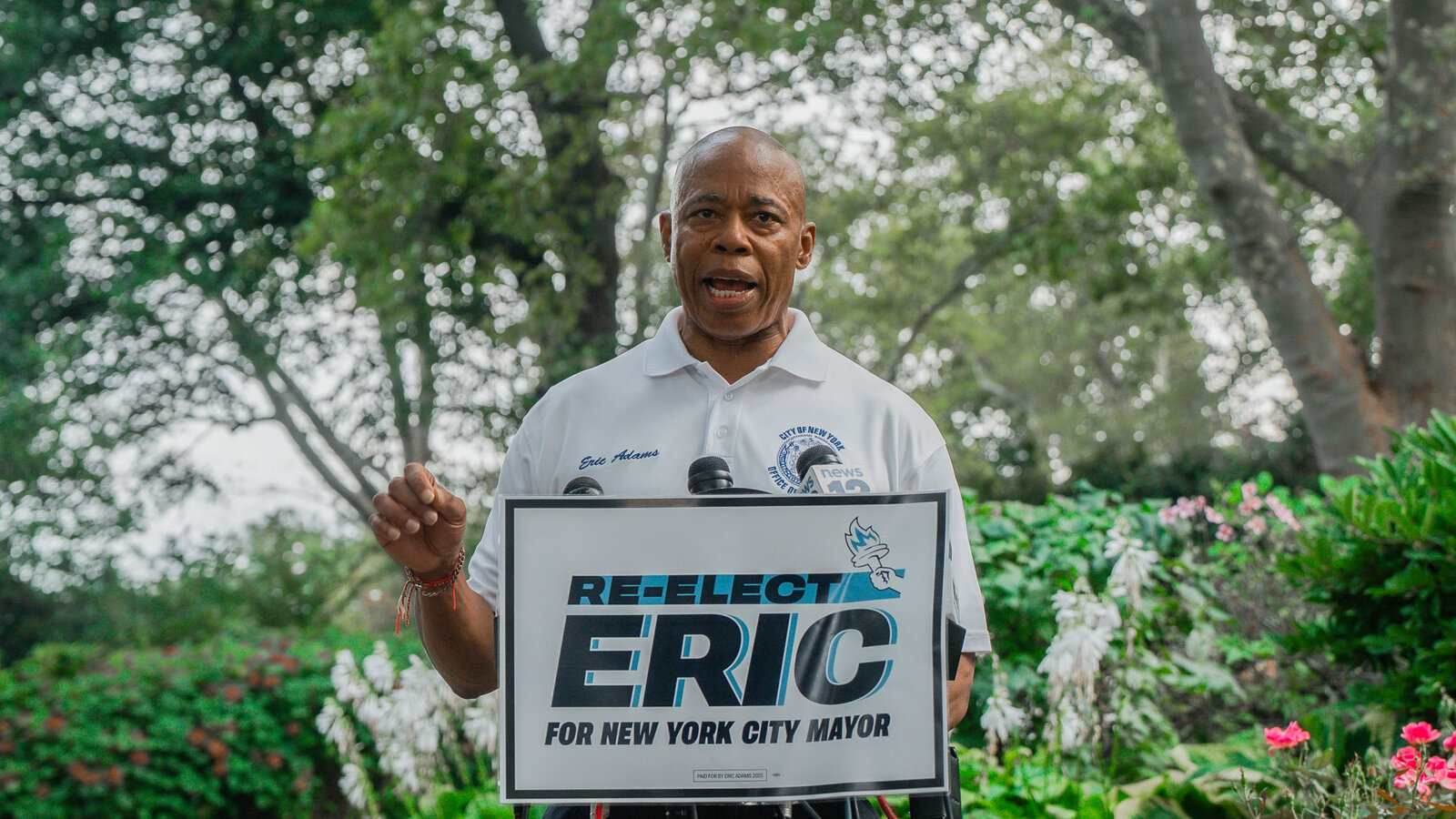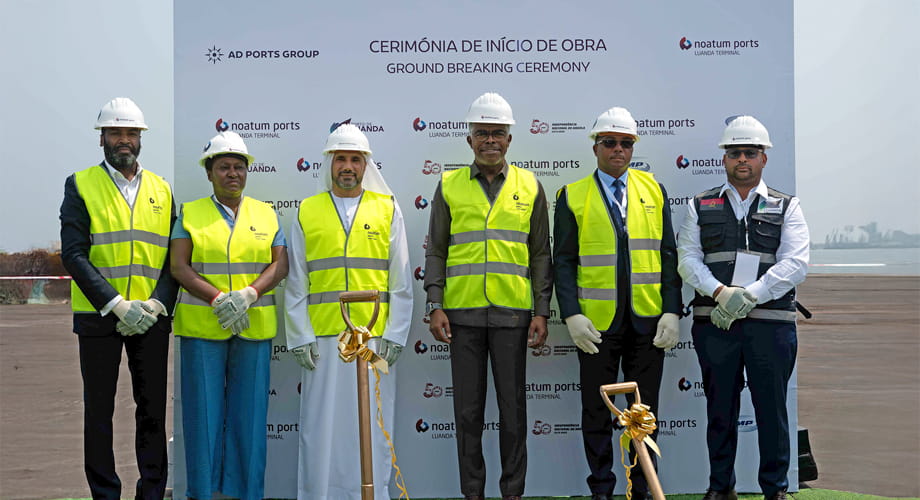By Chisom Michael
Copyright businessday

Nigeria’s diesel-powered energy sector is facing mounting pressure as natural gas gains traction across industries and transport. Despite the country’s vast reserves of over 200 trillion cubic feet of natural gas, many businesses and households remain reliant on noisy and expensive diesel generators.
“The vision is simple but bold,” says Amb. Nelson Bright, UN UNESCO Peace Ambassador and Energy Development Director at WetClay Energy Technology. “Imagine Nigeria where industrial parks run on locally liquefied gas, transport fleets cut their bills in half, and rural communities generate their own off-grid power. That future is achievable within five to ten years if we embrace gas.”
Compressed Natural Gas (CNG) and Liquefied Natural Gas (LNG) systems are already proving cost-effective. For instance, a 500kVA generator converted to dual-fuel operation can save millions of naira annually, while LNG-powered industries report fuel bill reductions of 60% to 80%. Early adopters, from Keke drivers to large factories, are benefiting, while the diesel industry continues to resist the shift by promoting negative perceptions of gas.
However, infrastructure remains a key challenge. Nigeria has fewer than 15 operational CNG stations compared to over 30,000 petrol and diesel outlets, and pipelines, mini-LNG hubs, and regasification plants are limited, particularly in northern and eastern regions.
Projects such as the 614km Ajaokuta–Kaduna–Kano (AKK) pipeline by the Nigerian National Petroleum Corporation (NNPC) aim to improve gas distribution. Advocates call for government incentives, green bonds for infrastructure, and public awareness campaigns to accelerate adoption.
Diesel is gasping for survival, and natural gas is emerging as the cleaner, cheaper, and sustainable energy of Nigeria’s future.



